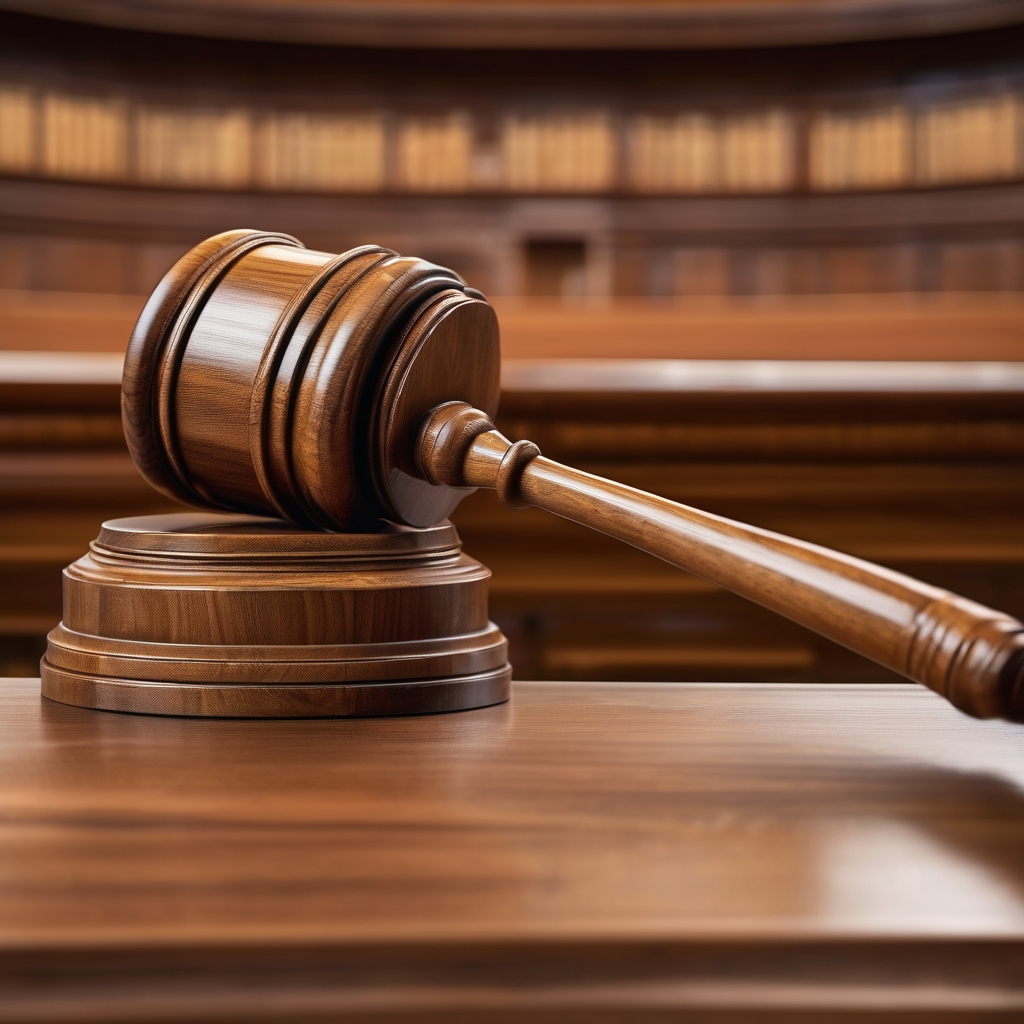The Suva High Court is currently addressing a critical case concerning the powers of Prime Minister Sitiveni Rabuka regarding the dismissal of former Fiji Independent Commission Against Corruption (FICAC) Commissioner Barbara Malimali. During a recent judicial review session, Tanya Waqanika, representing Malimali, argued that Rabuka did not possess the constitutional authority to advise President Ratu Naiqama Lalabalavu to revoke her appointment.
The proceedings, overseen by Justice Dane Tuiqereqere, revealed that Prime Minister Rabuka suspended Malimali and later confirmed her dismissal following his recommendation to the President. Waqanika asserted that the President lacked the constitutional power to dismiss Malimali solely based on the Prime Minister’s suggestion.
This case has attracted widespread public interest, not only due to the contentious nature of Malimali’s dismissal but also because of its broader implications for governance and accountability within Fiji. Critics have pointed out the controversial timing of her appointment as FICAC Commissioner, occurring amidst ongoing investigations linked to her earlier role as chair of the Electoral Commission and allegations involving Deputy Prime Minister Biman Prasad.
The State, represented by Deputy Solicitor-General Eliesa Tuiloma, claimed that a “constitutional paralysis” within the Judicial Services Commission validated the Prime Minister’s actions. However, Justice Tuiqereqere stressed that the authority to advise the President in such matters lies exclusively with the Judicial Services Commission, underscoring the importance of adhering to established legal standards.
As the legal proceedings progress, there is optimism that the outcome will positively influence ongoing discussions about reforms aimed at enhancing institutional integrity and transparency within Fiji’s political framework. This case not only represents a significant moment for Malimali but also has the potential to strengthen checks and balances within governmental institutions in Fiji.
The situation underscores the critical need for accountability in public office and might lead to significant reforms that foster greater public trust in the governance of Fiji. The forthcoming court decisions could have enduring consequences for the structure and exercise of political authority in the nation.
